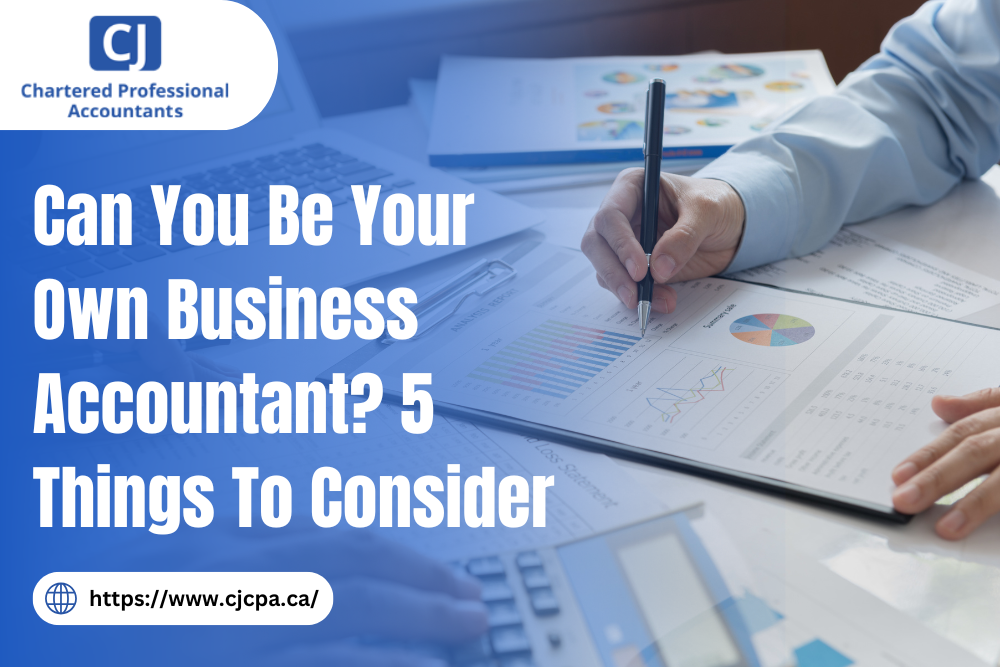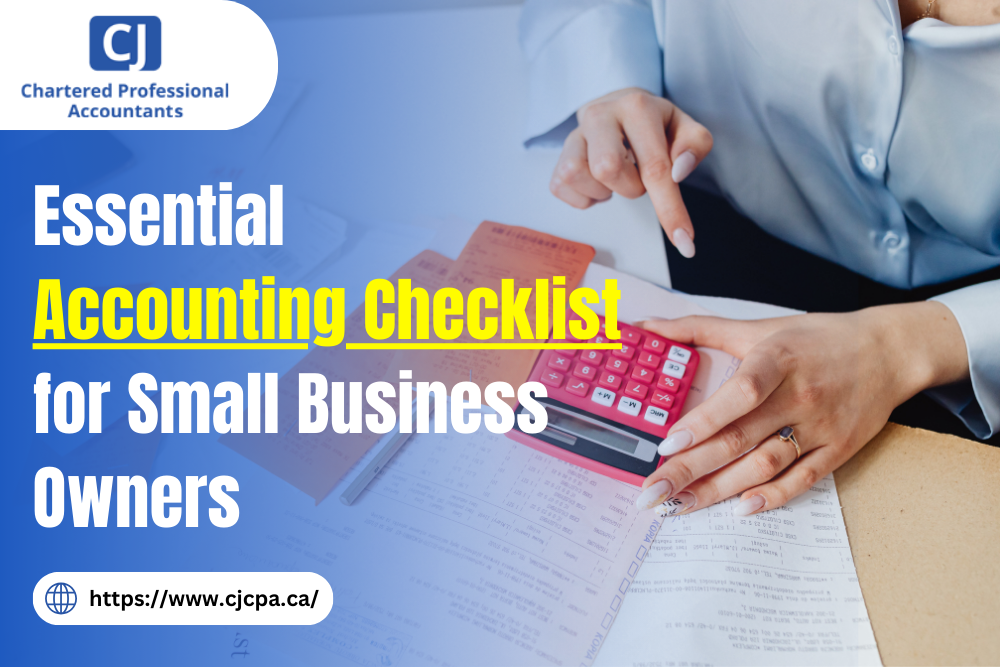29 Sep 2025
Can you be your own business accountant or is it smarter to hire one? It’s a question almost every small business owner faces at some point. Managing your own books might seem like a cost-saving move and gives you direct control over your finances. But accounting isn’t just about tracking expenses, it involves compliance, tax rules and financial planning that can easily get overwhelming. This guide will walk you through five key considerations before deciding whether to go DIY or hire a professional accountant.
TL;DR
“Can you be your own business accountant and still keep your business running smoothly?” The short answer is yes but it comes with trade-offs. Handling your own books can save money and give you control but it also means committing time, learning accounting basics, managing compliance and relying on software tools. The risks like tax errors, missed deadlines or poor financial decisions can often outweigh the savings. Many small business owners start out doing it themselves but eventually switch to a professional accountant when finances grow more complex. The smarter choice depends on your time, skills and business growth stage.
5 Things To Consider Before Being Your Own Business Accountant
Knowledge of Accounting Basics
If you’re thinking about managing your own books, start by asking yourself how comfortable you are with the basics, things like bookkeeping, preparing financial statements and understanding tax rules. Without this foundation, it’s easy to make small mistakes that can snowball into bigger financial issues.
Time Commitment
Accounting and bookkeeping isn’t a task you do once and forget about. It requires consistent attention, tracking expenses, reconciling accounts and staying on top of deadlines. If you already have a packed schedule running your business, adding accounting on top of it may quickly become overwhelming.
Cost Savings vs. Risk
At first glance, doing your own accounting seems like a great way to cut costs. And in some cases, it can work. But if errors lead to penalties, missed tax deductions or inaccurate financial decisions, the “savings” disappear quickly. Many business owners start on their own and later hand things over to an accountant once they see the risks.
Technology & Tools
Software like QuickBooks, Xero or FreshBooks has made DIY accounting much easier. These tools can automate a lot of routine tasks, but they still require setup, learning and regular maintenance. If you’re not comfortable with technology or find yourself second-guessing the numbers, it may be a sign you’d benefit from professional support.
Compliance & Legal Requirements
This is where many business owners run into trouble. Staying compliant with tax deadlines, payroll requirements, and government filings isn’t just about being organized, it’s about avoiding fines and legal issues. You might be able to handle the basics on your own, but things like business registration, structuring or long-term financial planning usually need professional guidance.
Can I Change My Business Accountant If DIY Doesn’t Work Out?
Yes. Many small business owners begin by managing their own accounting, then transition to a professional when finances grow more complex. Switching is common and accountants can usually step in and clean up your books if needed.
Where Can I Find the Right Accountant for My Small Business?
If managing your own books becomes overwhelming, you can turn to referrals, LinkedIn, industry associations or firm websites to find help. For the best results, look for accountants who specialize in small businesses, they understand unique needs like cash flow management, tax credits and compliance requirements that larger firms may overlook.
Can an Accountant Register Your Business and Handle Compliance?
Yes. While you can manage your books independently, tasks like business registration, licensing and tax compliance often require an accountant’s guidance. Missing these steps can result in fines or delays.
Can an Accountant Help Me Start a Business?
Absolutely. Accountants can help with financial planning, choosing the right structure (sole proprietorship, partnership or corporation) and forecasting cash flow. This sets up your business for long-term success, something DIY bookkeeping alone may not achieve.
Conclusion
So, can you be your own business accountant? The answer is yes but with caution. While it’s possible to manage your own books using tools and discipline, compliance risks and time commitments often outweigh cost savings. Many business owners eventually transition to professional accountants for security and growth support.
If your business is scaling, partnering with experts like CJCPA can give you peace of mind and more time to focus on what matters most, growing your business.
FAQs
Q1: Can you legally do your own accounting for a business?
Yes, you can handle your own business accounting but you’re fully responsible for accuracy and compliance.
Q2: Is it a good idea to handle my own accounting when I’m just starting out?
It can work for very simple setups but complexity grows quickly and mistakes can get expensive.
Q3: What’s the risk of being your own business accountant?
The main risks are tax errors, missed deadlines and poor financial insights.
Q4: When does it make sense to hire an accountant instead of doing it yourself?
Once revenue, taxes or growth plans increase, an accountant usually adds more value than DIY.
Q5: Can I switch from doing it myself to hiring an accountant later?
Yes, many owners start with DIY and transition to an accountant as the business expands.



